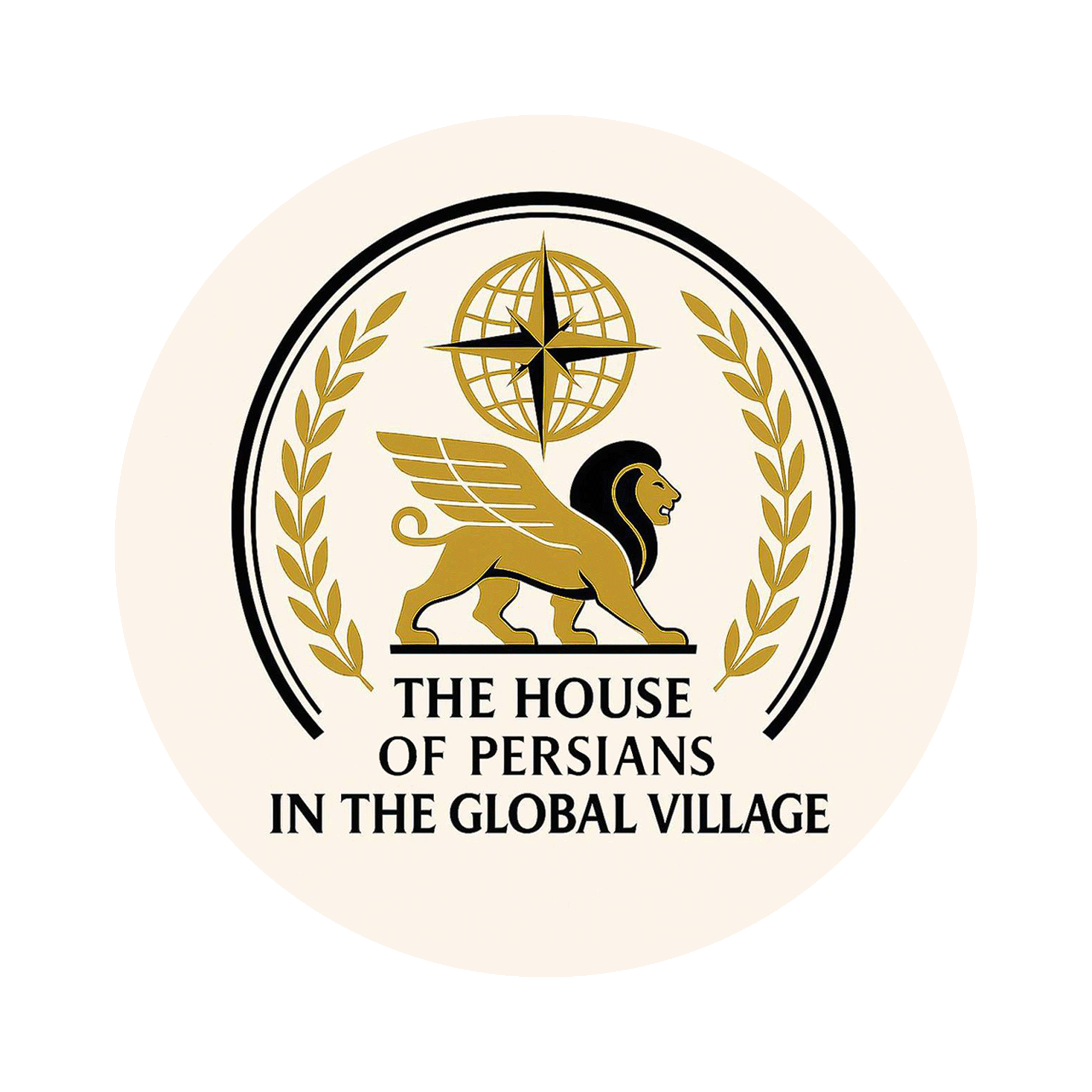You’ll usually have more rights at work than an adult and you might not have to work as many hours.
It’s a good idea to check your school leaving age on GOV.UK because your rights depend on whether you’ve reached this age.
If you’re too young to leave school, check your employment rights and working hours on GOV.UK.
If you’ve left school, or you stayed at school after you could have left, your rights are different.
You shouldn’t usually be asked to work more than 40 hours a week or 8 hours a day.
Your employer is allowed to ask you to work for longer in exceptional circumstances. They can only ask this if:
This might be, for example, if you work in a care home and there’s extra work because several residents are ill. If the adults who’d normally cover a shift are also ill, you can be asked to work.
You’ll probably still be in education or training if you’re under 18 and don’t have the equivalent of 2 A-levels. Your employer shouldn’t expect you to work when you’re supposed to be learning, for example when you’re:
In most jobs, you can’t normally be asked to work between 10pm and 6am. If your contract says you have to work until 11pm, that’s alright but you shouldn’t start work before 7am the next morning.
You can be asked to work at other times in exceptional circumstances. This might be, for example, if there’s been a flood and you have to help to clear up.
If you work in some jobs, your employer can ask you to work at night if all the following apply:
The hours you can be asked to work depend on the job:
| Times you can work | Type of job |
|---|---|
| Between 10pm and 6am |
|
| Up to midnight or from 4am |
|
Mo works in a hospital and is asked to work until midnight because the adult who usually covers that shift is on holiday. There are more patients than usual at the moment so the department’s very busy. Mo is allowed to do this work because there’s no adult available and there’s more work than normal.
You’re allowed a 30-minute break if you work 4 and a half hours or more in a shift – you and your employer can decide when you have it. You might not be paid for your break – check with your employer.
You should have 48 hours off in one go each week.
You must have at least 12 hours off between each working day – unless your working day is split into short periods of work.
Holly works in a cafe from 8-11am every morning and 5-9pm every night. She doesn’t need 12 hours off overnight because she had a break in the afternoon.
Your employer can ask you to have shorter breaks or less than 12 hours off between days if:
For example, your employer could ask you to shorten your break if you work in a restaurant and a coach party arrives. Other colleagues have called in sick and there’s no one else to do the work.
You shouldn’t be asked to do work that:
Check your local council’s rules on whether you can serve alcohol. Normally you’re allowed to if you work in a bar or restaurant, but some councils say you can only serve people with drinks in cans or bottles.
You can find your local council on GOV.UK.
You can’t do work where you might be in contact with chemicals, toxic material or radiation unless:
To make sure you’re being paid the right amount, check the minimum wage for your age on GOV.UK. You should get this even if you’re working for someone you know, for example as a babysitter.
If you’re being asked to work for too long or when you shouldn’t be, They’re a government-funded body whose job is to help with workplace disputes. They’ll help you decide what to do, for example making a complaint to the Health and Safety Executive or your local council.
Lisson Grow,
City of Westminster,
London,
NW8 8FT
United Kingdom
+44 20 53687183
+44 77 80807781

Persian Platform is an officially registered UK-based company licensed for international operations. We offer comprehensive services in immigration, education, employment, tourism, marketing, and cultural exchange. With legal credibility and global expertise, we operate representative offices and support teams across multiple countries. Our headquarters is located in London, with active operations in Germany (Berlin), Turkey (Antalya), Italy (Sicily), Armenia (Yerevan), Romania, and Iran.